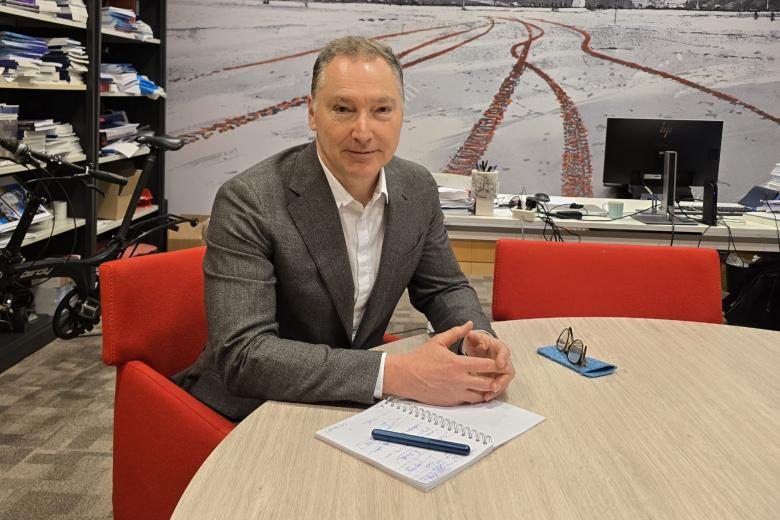Globalisation & Law Network Seminar with Juan Auz
As climate change continues to plague the Global South, courts are increasingly adopting an activist stance, compelling States to redress the harm of ‘extractivism’. However, numerous obstacles arise when it comes to implementing remedies ordered in climate-related cases. On March 7, 2024, Dr. Juan Auz Vaca, Postdoctoral Researcher at Tilburg University, gave a compelling talk entitled "The Political Ecology of Climate Remedies in Latin America and the Caribbean" at the seminar hosted by the Globalisation & Law Network. The talk was based on Juan’s article recently published in the Journal of Human Rights Practice. André Nunes Chaib acted as a discussant.
Using a political ecology lens, Juan presented the analysis of the climate change and ‘anti-extractivist’ jurisprudence of domestic courts as well as the Inter-American Court of Human Rights. In order to explain why States can be unwilling or unable to comply with climate remedies, he introduced the concept of remedial continuum and distinguished between affordable and onerous remedies depending on the levels of administrative complexity and technical feasibility as well as the costs involved. Juan also traced the pattern of non-compliance with onerous remedies, such as large-scale policy reforms. As States keep failing to adhere to remedial orders, there is a strong need for further research into the impact of climate-related judgments in vulnerable regions.
If you are interested in the intersection of law and a more than ever globalised world, we invite you to join our upcoming seminars organised by the Globalisation & Law Network. Stay updated on our program and register here.
Also read
-
Milou: “Studying is still often a privilege’’
Even outside the lecture hall, law student Milou Scholten is committed to justice. As the chair of Students for Equality, she campaigns for accessible education and equal opportunities for all students.
-
Ronald Janse appointed as new dean of Maastricht University Faculty of Law
The Executive Board of Maastricht University is delighted to announce the appointment of Prof. Ronald Janse as dean of the Faculty of Law.
-
Virtual companions, real responsibility: call for clear regulations on AI tools used for mental health interactions
Mindy Nunez Duffourc (Assistant Professor of Private Law and member of the Law and Tech Lab) co-authored an article outlining the urgent need for clear regulations for AI characters.